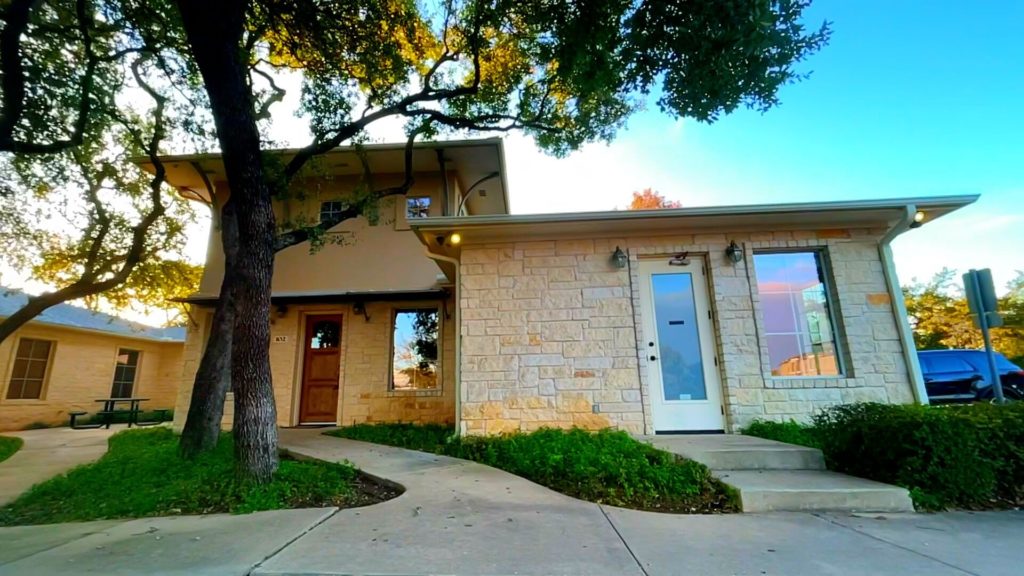As you prepare to open your first dental practice, selecting the right location will likely be the most significant decision affecting your future success. After navigating years of dental school and perhaps associate positions, taking on this major investment can feel overwhelming.
At Practice Real Estate Group, our healthcare real estate specialists evaluate thousands of properties each year specifically for doctors like you. We’ve learned what makes practices thrive from day one – and what common mistakes can derail your dreams.
Here are three critical real estate lessons my first-time practice owner clients are learning right now that you should know before signing any lease:
1. Location Truly Makes or Breaks a Practice
I recently sold a practice based solely on its location. Despite operational challenges and a less-than-impressive patient base, the practice commanded significant interest from buyers because of where it was situated.
When I found a qualified buyer, I emphasized this specific advantage and showed him the data to back it up. The office was positioned in front of a Walmart and across from a grocery-anchored shopping center – prime visibility and foot traffic. I broke down the demographics by specialty so he could see how dense the area was and, crucially, how underserved it was for his practice type.
Just three months after purchasing, he called me: “You undersold it – I’m already at capacity with new patients.”
When you’re establishing your first practice, the demographic data matters far more than most doctors realize. A location that appears perfect might actually be saturated with competitors, while an overlooked area could be desperately underserved. Make your decision based on data, not assumptions.
2. Base Rent Is Just One Piece of the Financial Picture
Many first-time practice owners fixate on finding the lowest monthly rent. However, the true cost extends far beyond that number, as I recently explained to a client:
“I like this location, I can get cheap rent, and there’s no competition,” he told me.
“Why do you think there’s no competition?” I asked.
“This neighborhood is up and coming. And again…I can afford it.”
I explained: “The developing neighborhood looks promising, but this landlord isn’t offering any tenant improvement allowance or build-out time. That signals they want to profit from you rather than invest in your success. Let’s break down the real costs:
The bank will lend you $600,000, but building out the space yourself will cost approximately $400,000. That leaves just $200,000 for everything else – equipment, staff, marketing.
For the location I’m recommending, I’ve negotiated a $160,000 tenant improvement allowance, plus 5 months of free rent during construction. This gives you significantly more capital to invest in what actually generates revenue – and provides crucial runway before you need to start making rent payments.”
When evaluating spaces, look beyond the base rent to understand the complete financial picture. An experienced healthcare real estate advisor will help you identify hidden costs and negotiation opportunities that dramatically impact your startup capital.
3. Lease Exclusivity Protects Your Practice Value Now and Later
Even specialists need to pay attention to exclusivity clauses. I often hear from endodontists or other specialists that they aren’t concerned about a general dentist adding their specialty services. While that immediate competition may not worry you, exclusivity matters for several critical reasons:
First, exclusivity influences your co-tenancy – the businesses surrounding yours that can either complement or detract from your practice. If you’re targeting families, you’ll want neighboring businesses that attract similar demographics while avoiding those that might deter your ideal patients.
Second, exclusivity significantly impacts your practice’s future value. Consider this scenario: You start as a general dentist on a tight budget, gradually building a thriving practice. After years of success, you’ve expanded your services and are thinking about selling. But in year eight of your lease, an orthodontist moves into your retail center. Overnight, your potential buyer pool shrinks dramatically – eliminating any buyers who offer orthodontic services.
Proper exclusivity language protects both your current operational environment and preserves your practice’s future value and sale potential.
Don’t Navigate These Decisions Alone
Struggling with where to locate your first practice? Worried about making a costly real estate mistake that could impact you for years?
Schedule a 15-minute consultation with our healthcare real estate team today.


